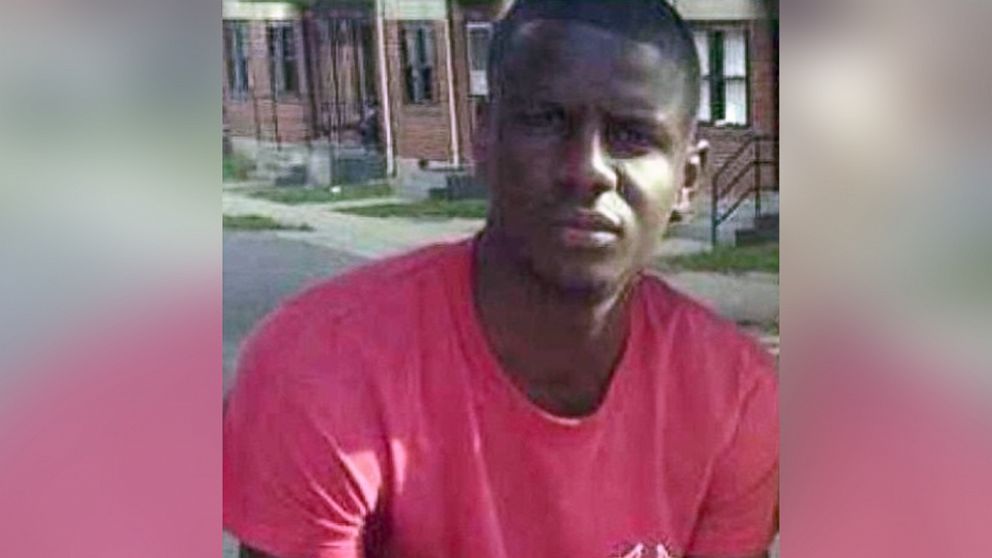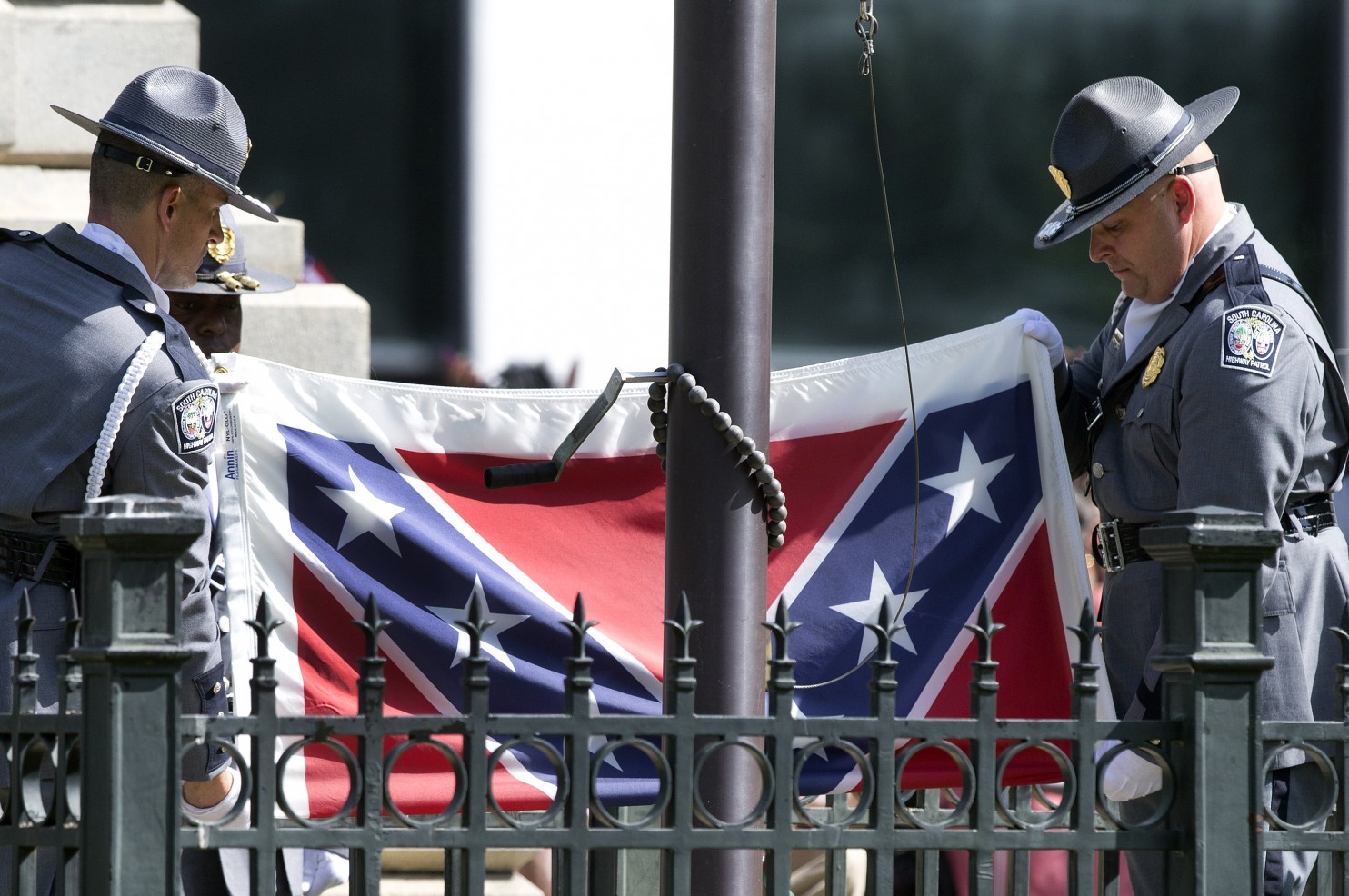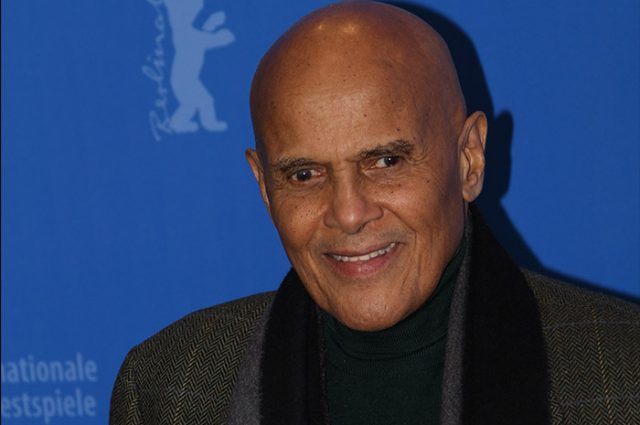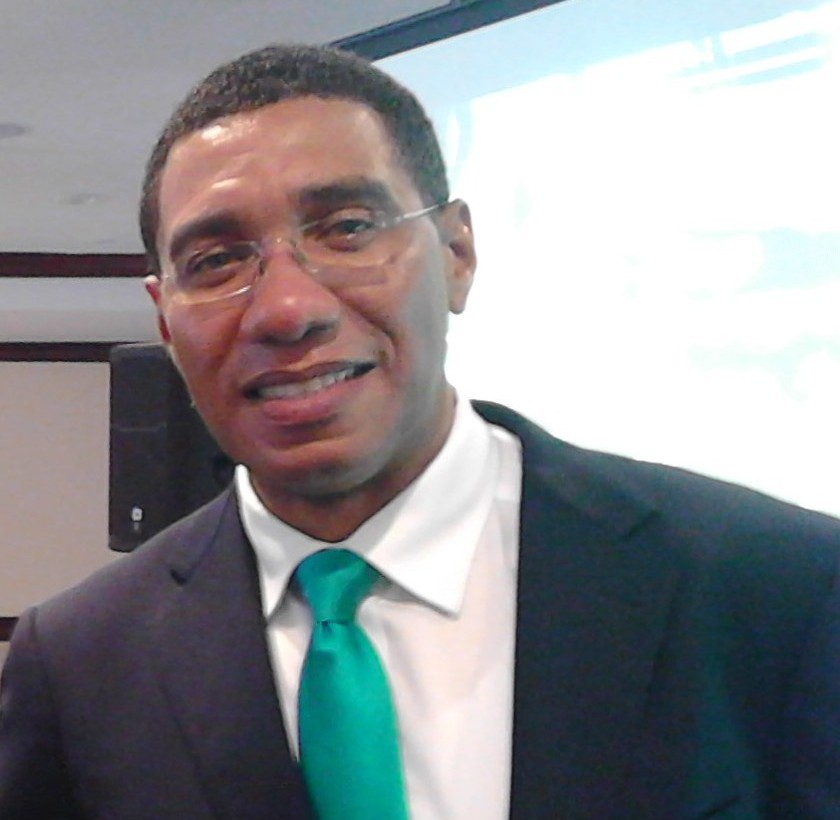Baltimore officer charged in death of black man testifies about why he didn’t call a medic
By Juliet Linderman And David Dishneau
THE ASSOCIATED PRESS
BALTIMORE _ A Baltimore officer was poised and calm as he testified in his own defence Wednesday against charges in the death of a black man who suffered a spinal injury in the back of a police van.
The death of 25-year-old Freddie Gray set off protests and a riot in Baltimore, and became a rallying cry for the Black Lives Matter movement that has emerged following a number of police killings of African-Americans in the U.S.
Officer William Porter told jurors that he didn’t call an ambulance for Gray because the young man was alert, appeared uninjured and didn’t complain of any pain or wounds in the back of a police van. Gray died a week after suffering a spinal injury at some point during a 45-minute ride in the back of the van.
Porter, who is also black, faces manslaughter, assault, misconduct in office and reckless endangerment charges. If convicted on all of the charges, the maximum penalty he faces is about 25 years.
Porter said Gray only said “yes” when the officer offered to get him medical aid. Porter said he suggested to the van driver, Officer Caesar Goodson, that Goodson take Gray to the hospital because he knew a prisoner claiming injury would be turned away from jail.
But “I can’t tell Officer Goodson what to do,” Porter said when asked why he didn’t do more to ensure that Gray went to the hospital immediately.
Porter, who was driving a patrol car, responded to calls for assistance at some of the van stops. Porter said that during the fourth stop, he went inside the back of the van and helped Gray, who was handcuffed and shackled, from the floor onto the bench. Porter said Gray wasn’t limp, and was able to support himself with his legs.
The fourth stop is crucial in Porter’s case because prosecutors say Gray was already injured by the time he arrived there, and that Porter’s failure to call a medic contributed to Gray’s death. Defence attorneys say Gray was injured later in the ride.
“Freddie Gray wasn’t injured at stop four or five, it’s that simple,” Porter said. “Had he been injured, I would have called a medic.”
Prosecutors also say that by not buckling Gray into a seat belt during that stop, Porter was criminally negligent. The department requires detainees to be buckled up and the policy was updated just days before Gray’s arrest, leaving no ambiguity about whether a prisoner should be belted in.
Porter told the jury that the wagon is “pretty tight” and said that of his 200 arrests involving the transport van, he has never belted in a prisoner.
Porter added that it would have been Goodson’s responsibility to buckle Gray into a seatbelt and he didn’t know if Goodson did so at the fourth stop because he left the scene before as the driver was closing the van doors.
Goodson faces the most serious charge stemming from Gray’s death: second-degree “depraved-heart” murder. His trial is next month.
As Porter spoke from the witness stand, facing the jury box, the jurors listened intently, some leaning forward and scribbling notes.
Porter, the first of six officers to go on trial, said he only realized Gray was hurt when the van reached the police station. Porter said Gray was unresponsive “with mucus around his nose and mouth.”
He called Gray’s name _ which elicited responses at previous stops _ but this time Gray was silent.





